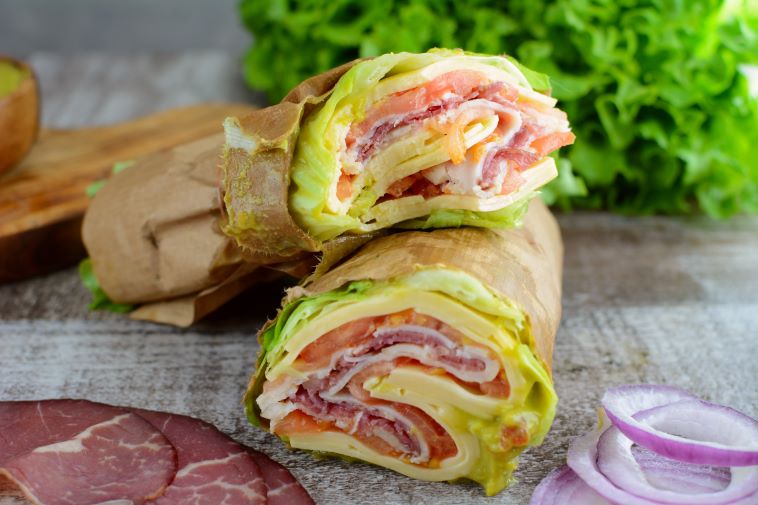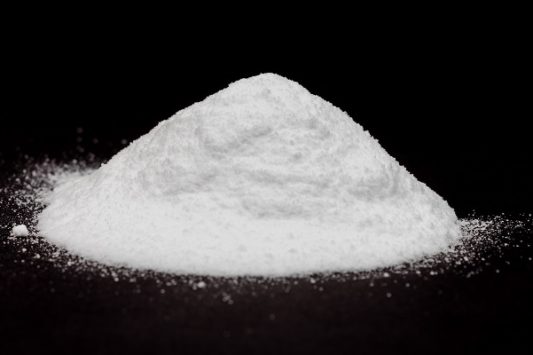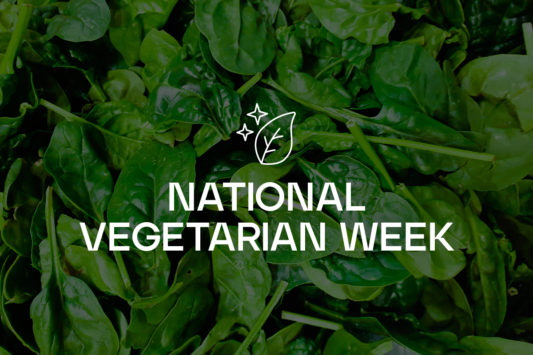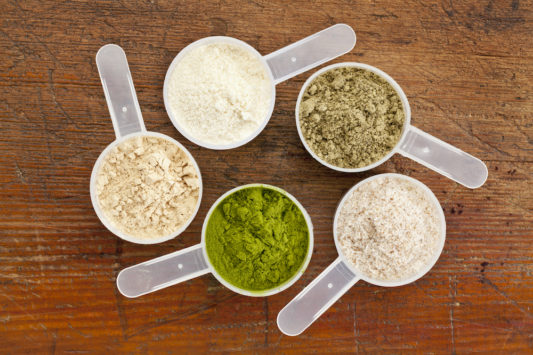Do you still think you need to go low-carb to lose weight? We have some good news….
Are you still doing the low-carb thing? What if we told you that you can have carbs in your diet and still lose weight? In fact, some research shows that people who eat carbs lose more weight from body fat than those who go the low-carb route. How can you make carbs work for you?
The basics of weight loss.
To lose weight, you need to be in a calorie deficit. That means you either need to consume fewer calories than you’re burning or make your calorie output greater than your intake. Or a combination of the two. But you get the idea: the key to tapping into stored energy (fat) and losing weight is creating a calorie deficit.
The bottom line is that calories matter most. Not carbs, or any other macronutrient. Get your calories right, and a healthy body will lose weight.
In fact, carbohydrates are lower in calories (gram for gram) than fats. Carbs have 4 calories per gram (the same as protein), but fats have a whopping 9 calories per gram.
But of course, that’s not the complete picture (if it was that easy, there’d be no weight loss industry!) Macronutrient balance matters, too. How much protein, fat, and carbohydrate you have in your diet, when you eat it, and what types of foods you eat will all affect your fat loss.
However, the fundamental fact remains: calories are King, and it doesn’t matter if some of them come from carbohydrates.
How much carbohydrate do you need?
Your body loves carbs. In fact, carbohydrates are the body’s preferred form of fuel. Our muscles run on glucose, but carbohydrates are also important for our hormones and brains.
But that’s no reason to eat nothing but carbs. You need to understand how much carbohydrate your body needs on any given day. The more active you are, the more carbs you will need. This is true for people who train hard, doing high-intensity exercise. But it’s also the case for folk who lead active lifestyles, on their feet all day or doing a manual job. Think of carbs as fuel. How much fuel does your body need?
Calculate your body’s carbohydrate intake.
If you want to start eating more carbohydrate and still lose weight, try this simple equation. Stick to these numbers for a few weeks, look at your fat loss (and gym performance), and then reassess.
Protein: 2g per kilogram body weight (160g protein for an 80kg person)
Fats: enough for good health and to suit your food preferences (at least 45g)
Carbs: to make up the rest of your intake
Multiply your protein number by 4 (there are 4 calories per gram of protein) and your fat number by 9.
Subtract this from your fat-loss calorie intake.
The number you are left with is the calories you can allocate to carbohydrates.
Divide this number by 4 – that’s the grams of carbohydrate you could eat and still be in your fat loss caloric deficit.
For an 80kg person whose fat loss diet intake is 2,302, that might look like this:
Protein: 2g x 80kgs body weight = 160g. 160 x 4 = 640 (calories from protein per day)
Fats: 70g (health and personal preference) x 9 = 630 (calories from fats per day)
640+630=1,270
2,302 (daily intake) – 1270 (calories from protein and fats) = 1032 (calories remaining for carbs)
1032/4 = 258
Daily intake:
Protein 160g
Carbs: 258g
Fats: 70g
= 2,302 calories – a deficit = fat loss!
When should you eat your carbs?
Theoretically, you can space your carbohydrate calories out throughout the day and still lose weight. Remember, it’s the overall calorie deficit that matters. But carbs are useful to fuel exercise and boost recovery, so it makes sense to eat carb meals around your most active times. This could be pre and post-training. Or breakfast, lunch (if you have an active day), and around training.
Add carbs to your diet and lose weight.
Carbs are tasty, satisfying, and low fat. If you’ve been trying to diet on low carbs, why not give this approach a go? Remember, it’s not carbohydrates themselves that cause weight gain. It’s the amount you eat, which lead to caloric excess. So if you nail your nutritional numbers, get your macros right, and track your intake (and progress), carbs should be your friend.
Related articles
Looking to learn more? We believe that every person, with support, has the right to transform their lives through fitness. That’s why we’ve put together of articles with expert advice, all to help you on your fitness journey. From intermittent fasting, leaning bulking and how macro splits, check out relevant articles below:
Micronutrients examples Intermittent fasting and bulking
What is Thermogenic? Liquid calories
Best macro split How often should you have a cheat day?
How to lean bulk Food to bulk up
Find a gym buddy Protein shakes with milk or water
















